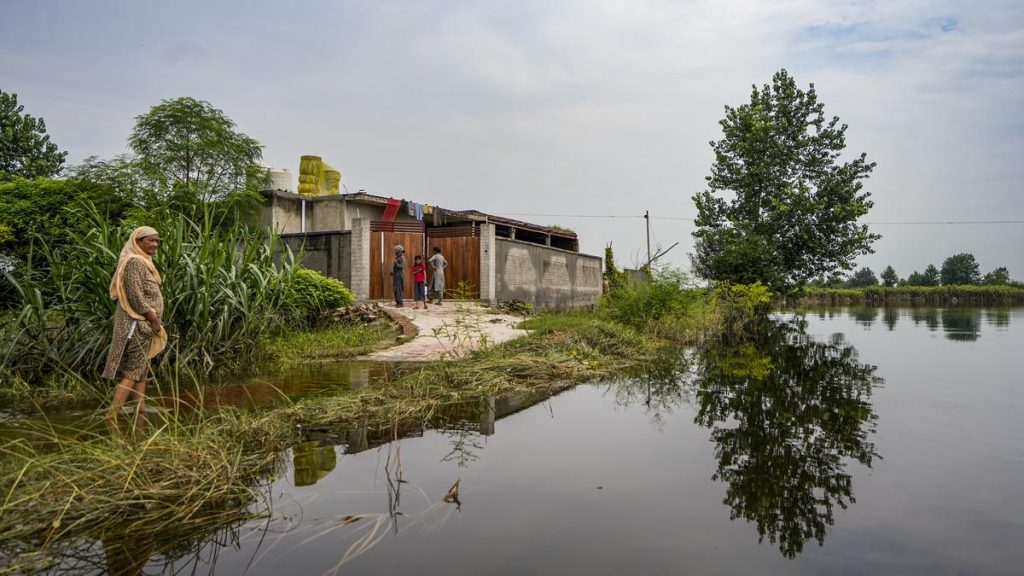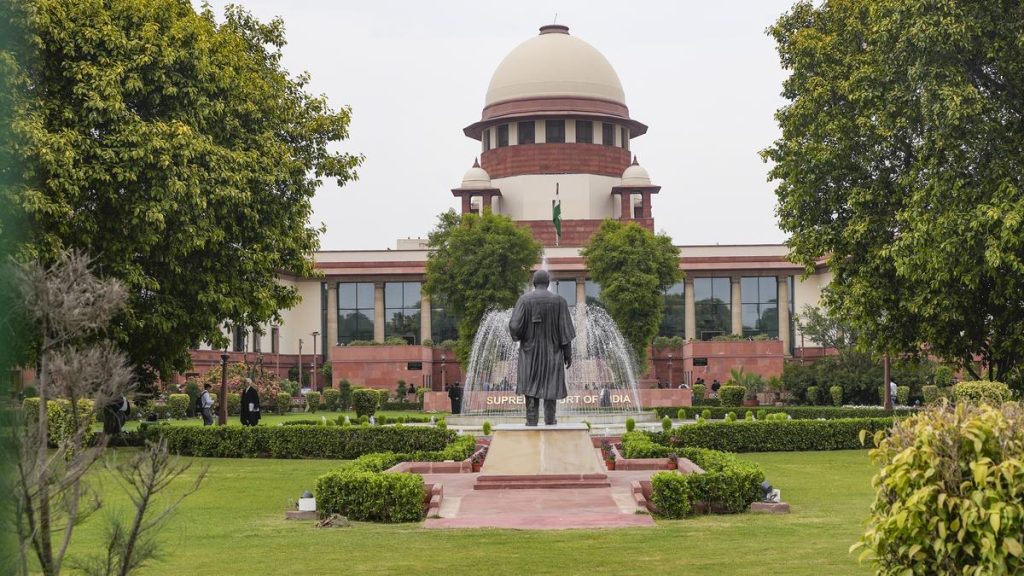Now Reading: HC Allows Engineering Colleges to Collect Increased Annual Fees
-
01
HC Allows Engineering Colleges to Collect Increased Annual Fees
HC Allows Engineering Colleges to Collect Increased Annual Fees

Quick summary:
- Telangana High Court Ruling: The court allowed chaitanya Bharati Institute of Technology (CBIT) to temporarily increase annual fees for undergraduate and postgraduate courses starting this academic year.
- Interim Orders: Justice B. Vijaysen Reddy stated the fee collection would depend on future orders, with further hearings set for July 30. Relevant authorities like the Principal Secretary of Higher Education and Telangana Admission and Fee Regulatory Committee (TAFRC) are directed to file counter affidavits.
- Challenge by CBIT: CBIT opposed the state government’s decision to maintain the existing fee structure, claiming it violated a 2007 official order (GO ms. No. 6) and Supreme Court rulings.
- Permissible Fees: Interim directions allow CBIT to charge fees of Rs. 2.23 lakh for BE/B.Tech., Rs. 1.51 lakh for M.Tech., and Rs. 1.40 lakh for MBA/MCA courses for a new block period spanning academic years from 2025-26 to 2027-28.
- Other Engineering Colleges: Similar pleas from additional colleges were noted; decisions on their cases will be issued early Friday.
Indian Opinion Analysis:
The Telangana High Court’s interim ruling highlights ongoing friction between private educational institutions seeking financial autonomy and governmental regulations aimed at controlling education costs in India. While allowing an interim increase in fees may ease operational pressures faced by institutions like CBIT, it underscores broader challenges in ensuring affordability, especially in engineering education often seen as critical to India’s skilled workforce growth.
Deliberations involving significant stakeholders-the judiciary, regulatory bodies like TAFRC, higher education officials-suggest that clarity is needed to balance institutional rights with public welfare objectives such as economic accessibility of quality higher education.
If upheld permanently after future hearings, this ruling could set a precedent impacting other colleges requesting similar fee revisions-a move possibly reshaping private educational fee structures across Telangana or beyond while also rekindling debate about government oversight versus institutional freedom in India’s evolving higher education landscape.
Published – July 10, 2025
Read More























